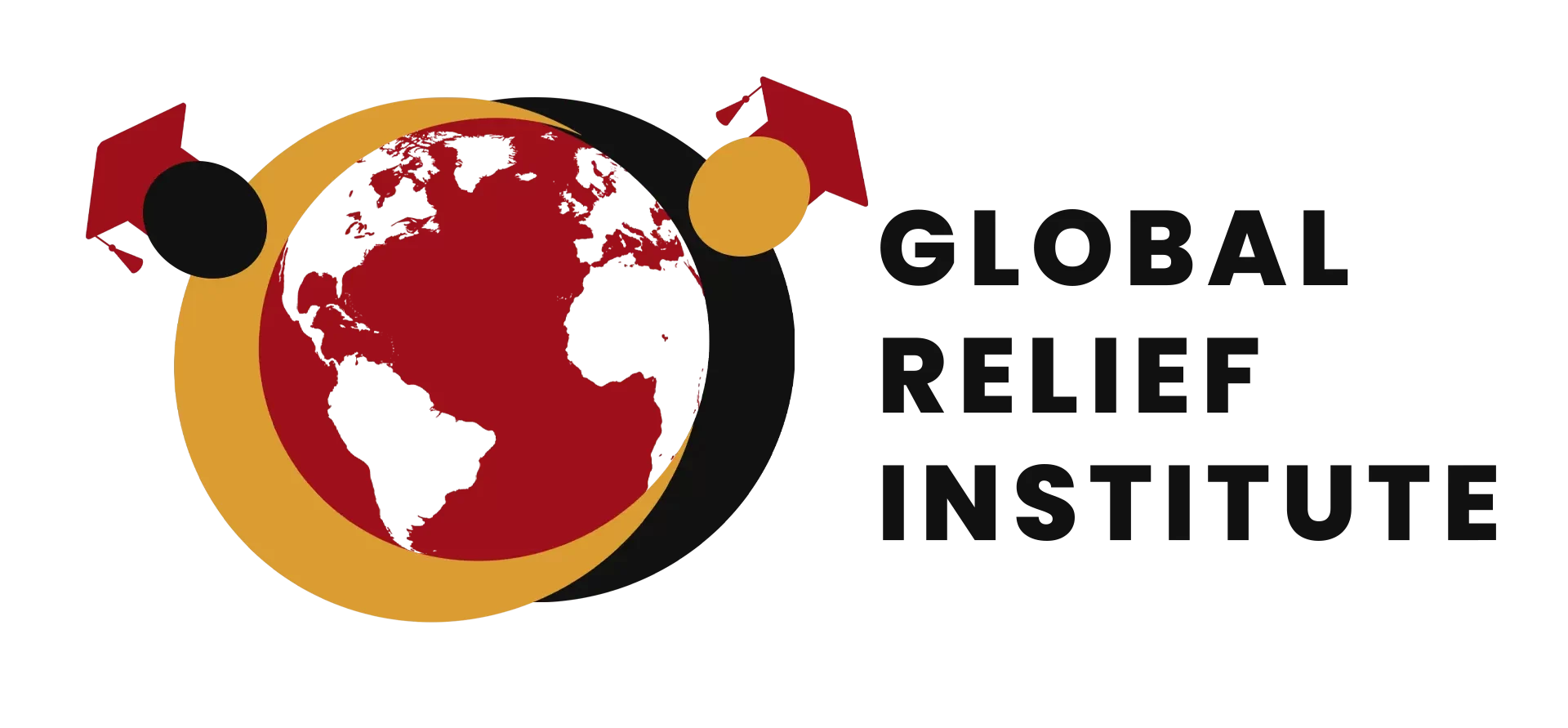Project management is the process of controlling the achievement of the project objectives. Utilizing the existing operational structures and resources, it seeks to manage the project by applying a collection of tools and techniques, without adversely disturbing the routine operation of an organization. Essentially effective management entails defining the requirement of work, establishing the extent of work, allocating the resources required, planning the execution of the work, monitoring the process of the work and adjusting deviations from the plan.
Project management involves application of knowledge, skills, tools and techniques in project environment to achieve the project objectives efficiently, effectively and ethically. As a discipline, project management has evolved because of the need to coordinate activities to secure predictable results. In the face of limited resources and the shift from processing raw materials to knowledge based economy in the world, there is no organization that is willing to take chances in their investment.
As a learning institution, we want our students to have this at their finger tips, that the focus in any project is starting with the end in mind and the executing team should be held responsible as far as utilization of resources at their disposal is concerned. Management comes in as an important tool to monitor and evaluate if the project is successful or not.
We also recognize that completion of a project requires input from a variety of groups including the client, the project team, the parent organization, the producer and the end user. The project team is tasked with the responsibility of shaping the implementation of the project through use of correct management techniques to ensure that planning, controlling and communication systems are all in place. Projects are also funded and there is need for exemplary leadership from the management team from an organization to execute whatever it is expected to within the stipulated time and the allocated funds are spent well.
Managers who are not multi talented cannot manage humanitarian situations or guaranteed change or growth in an organization and are often unable to meet the challenges of modern organizations. To achieve the same we train all rounded managers with relevant skills on fundraising, Project Management, Organizational Development, Monitoring and Evaluation, Human Resources Management, Strategic Management, Change management, Leadership among others.
To achieve the same the course is hinged on the following modules;
- Module 1. Project Cycle Management
- Module 2. Project Design and Planning
- Module 3. Proposal Writing and Fundraising
- Module 4. Monitoring and Evaluation
- Module 5. Leadership and Management
- Module 6. Project Management
- Module 7. Organizational Governance and Development
- Module 8. Human Resource Management
- Module 9. Strategic Planning and Management
- Module 10. Emergency Humanitarian Situation Management
Who should attend?
This is diploma suitable for persons working in or planning to enter the humanitarian sector, including staff of humanitarian aid organizations, private sector managers, governments, and UN agencies. There are no prerequisites for this course. All participants are expected to have theoretical knowledge of humanitarianism, although humanitarian aid experience is not presumed
Training Format:
• All materials are made available through our Online Learning Platform
• Students should commit approximately 5-6 hours of their time per week
Materials Provided:
Online delivery of curriculum materials, exercises and templates.
Assignments:
In order to demonstrate their understanding of the course content, students will be required to submit assignments at the end of every month.
Duration of course – 6 months
REGIONS TARGETED: Global
COURSE FEE: EUROS 1000
ORGANIZERS Global Relief Institute
LANGUAGE: English only
Kindly confirm your participation with:
Online Training Coordinator
Global Relief Institute
